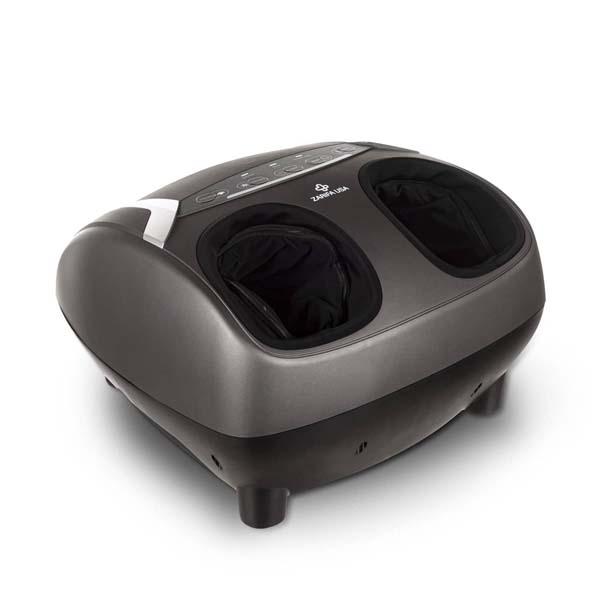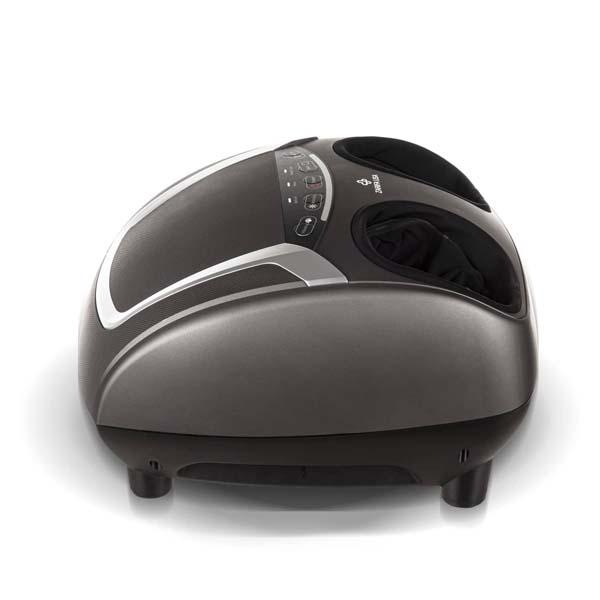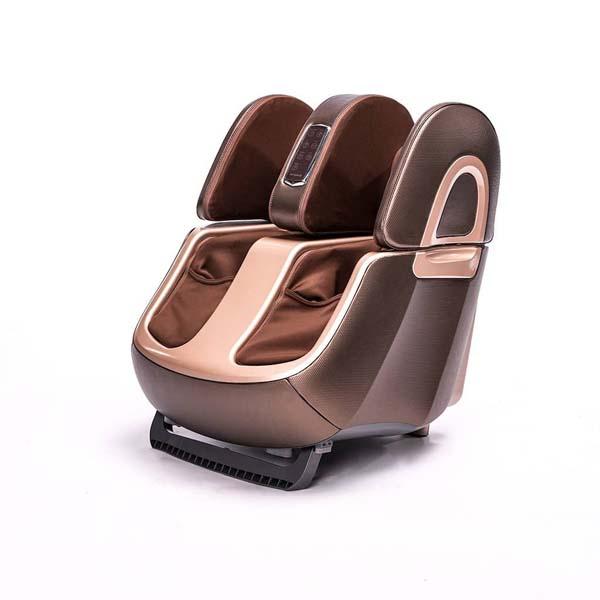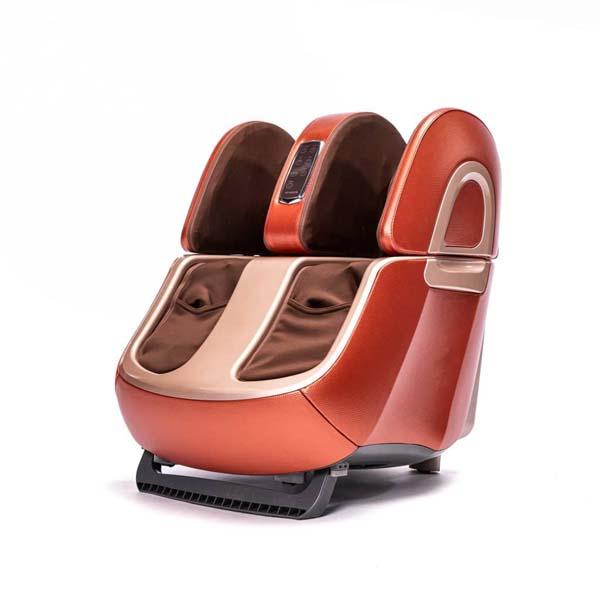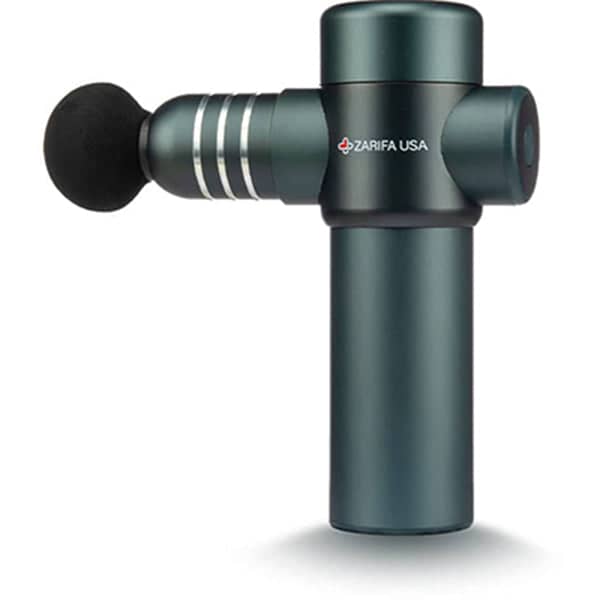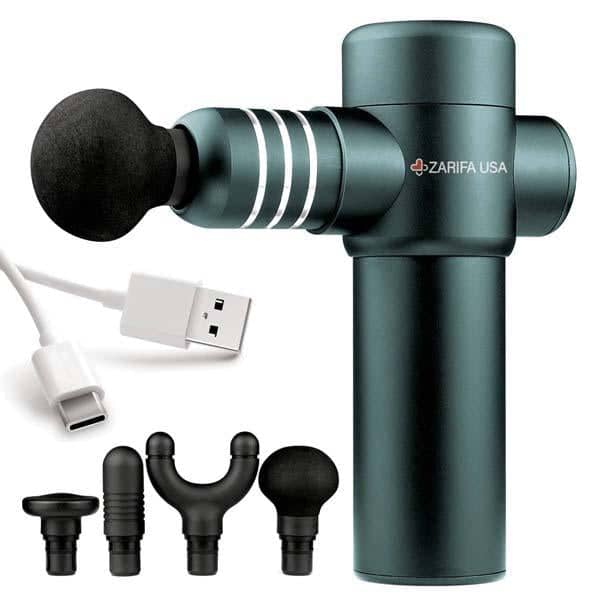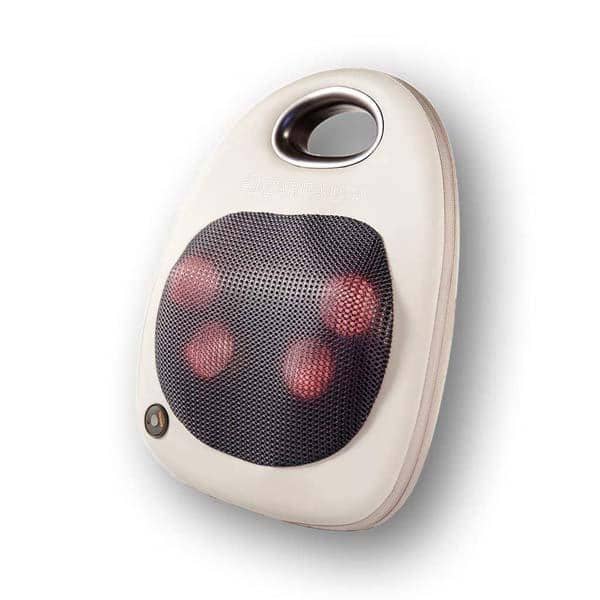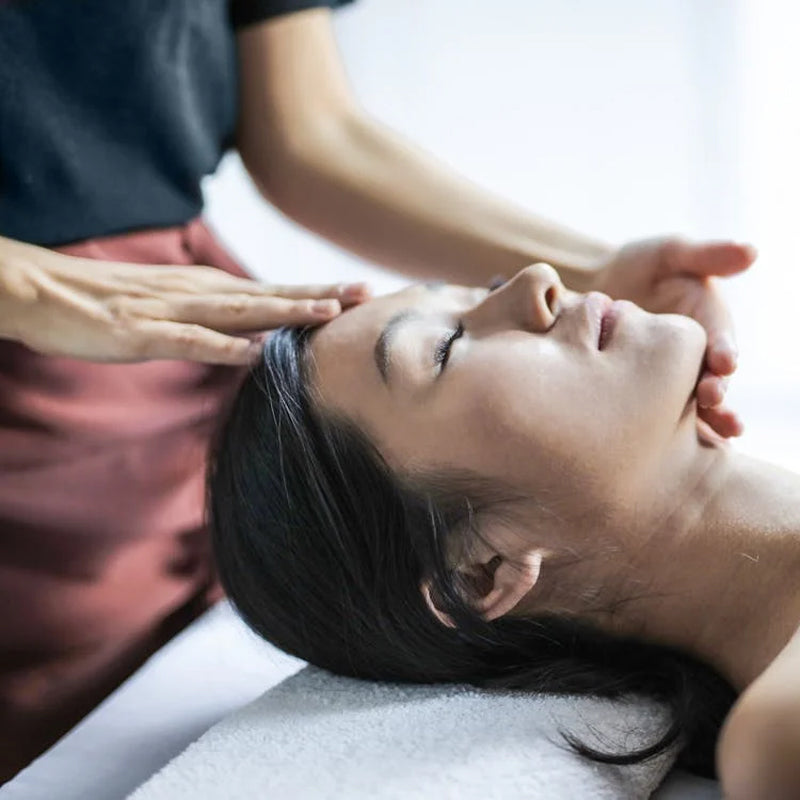Non-medicinal mood enhancers for depression are bountiful in nature, in friendships, with our animals, in creating or appreciating others’ creations, exercise, massage, caring for others, etc. The list can go on ad infinitum.
Sometimes depression feels like a deep, dark, never-ending hole, seemingly inescapable and ever-present for some people. Fortunately, there are many natural mood enhancers (non-prescription) to seek out that are often used to bring light into an otherwise dismal situation.
Renowned therapists and wellness coaches suggest the following as a place to begin:
- Spend time in nature
- Connecting with friends and family
- Playing with pets
- Expressing creativity
- Engage in physical activities
Receiving a massage by a masseuse or in one of Zarifa USA’s state-of-the-art massage chairs
Get outside of yourself and help someone else
Be curious; through curiosity, a world of possibilities will open
These activities have the power to enhance mood by releasing endorphins and dopamine into the body. These are the essential hormones necessary to experience pleasure. In fact, one activity that serves particularly well is physical exercise – movement. Exercise releases endorphins and dopamine into the body, simulating a natural state of euphoria. Not only that but it has also been shown to reduce symptoms of depression coupled with other therapeutic approaches such as massage.
Socializing can also be an effective form of mood enhancement. The act of simply being around people who engage in positive activities enhances our own mood by stimulating the areas of our brains that cause us to become excited or pleased. Spending quality time with friends, playing sports, going out to eat, attending events - all of these activities can bring about a sense of joy.
The power of creating something also provides a sense of accomplishment, which helps to elevate mood and can act as a form of self-expression. Painting, sculpting, playing an instrument, writing, photography, cooking, and gardening are just some of the creative activities we can engage in to lift our spirits.
The good news is that we don’t have to rely on a clinical intervention to lift us out of depression. By experimenting with some of the natural mood enhancers mentioned, you can begin to experience an improved state of well-being.
Surprising benefits of massage
While more research is undoubtedly a good idea, over many years and through numerous studies, researchers have found over and over, that massage is also helpful in providing and assisting in the following:
Lessen depression and anxiety
Enhance immunity by stimulating lymph flow
Improve the condition of the body’s largest organ—the skin
Increase joint flexibility
Pump oxygen and nutrients into tissues and vital organs, improving circulation
Paresthesia and nerve pain
Reduce spasms and cramping
Release endorphins—amino acids that work as the body’s natural painkiller
Arthritis
Relieve migraine pain
Better sleep
Before considering massage, talk to a healthcare provider first; ask about the number of treatments that might be needed, the cost and type, and the insurance coverage, if any.
Zarifa USA products are all FDA-approved Class I and II devices. You can purchase our products through HSA, FSA, or HRA. When buying through HSA, FSA, or HRA providers, you will likely receive questions from your provider designed to ensure that you aren’t abusing their policies.
We recommend that if you have a personal or family doctor that you regularly visit, you should see them for a prescription. Again, the use of your HSA, FSA, or HRA card would be for medical expenses, so you will need a medical reason for your purchase other than just wanting to enjoy a massage. For example, if you have circulation or stress issues, a doctor can prescribe our products for you to use.
Please remember that HSA, FSA, and HRA benefits are for medical spending and should be used as such. Our products have been designed to help real people with real problems without the need for opioids or other addictive drugs.

Massage and sleep research
We all know by now that massage helps relieve stress and promotes relaxation. But did you know that regular massages also help you get a better night’s sleep?
A back pain study found that regular massages can boost serotonin levels in addition to pain relief. Serotonin is a chemical in the body that helps regulate mood and sleep. Many of those who suffer from sleep disorders have low levels of serotonin. Massage can help increase levels of serotonin, which in turn increases melatonin levels. Melatonin is a hormone that helps control your sleep and wake cycles.
Having a massage chair in your home makes it easy to enjoy the benefits of massage regularly. Massage chairs provide a convenient and comfortable way to relax and de-stress. The convenience of having a massage chair at home makes it easy to take care of yourself and enjoy a good night’s sleep.
In addition to its sleep-promoting benefits, massage can also help reduce stress, improve mood, and increase overall well-being. Massage can help reduce muscle tension, improve circulation, and reduce fatigue. It can also help boost your immune system and reduce the risk of illness.
Massage is a natural, drug-free way to reduce stress and improve your sleep. By incorporating massage into a self-care routine, you can enjoy a calmer and more relaxed state of mind while getting a better night’s sleep.
Side effects of insomnia sleep deprivation
For some, sleep is an elusive “dream” and many go on for years without realizing there are viable solutions to their sleep deprivation or insomnia. For example, as demonstrated above, massage is a wonderful tool in assisting people in getting a better night’s rest. If you are struggling with sleep issues because of an injury in your shoulder, Zarifa Massage Guns are designed to address and relieve those sore muscles, providing relief and a restful night’s sleep.
With its powerful 20-speed setting, our massage guns deliver the perfect level of intensity to target your aches and injuries, sending a sense of peace and serenity to your mind so you can relax and get some much-needed sleep.
Sleep deficiency is linked to many chronic health problems, including:
- Heart disease
- Kidney disease
- High blood pressure
- Diabetes
- Stroke
- Obesity
- Depression
- Impaired decision-making abilities
- Slowed reaction time
- Lowered concentration
- Increased irritability
- Impaired immunological functioning
- Difficulty paying attention, focusing on tasks, or remembering
- Significant negative impact on quality of life
Insomnia is considered chronic if a person has trouble falling asleep or staying asleep at least three nights per week for three months or longer. Some people with chronic insomnia have a long history of difficulty sleeping.
Which mental illness has the strongest link to insomnia?
Insomnia and depression are closely linked and can have a significant impact on an individual’s quality of life. Research shows that approximately 50% of insomnia cases are related to depression, anxiety, or psychological stress. The relationship between these conditions can create a vicious cycle where one exacerbates the other.
When someone is experiencing depression, it can lead to sleep disturbances such as difficulty falling asleep, staying asleep, or waking up too early. This disruption in sleep can further contribute to feelings of fatigue, low energy, and difficulty concentrating, exacerbating the symptoms of depression. Additionally, the lack of quality sleep can make it challenging to cope with stress and negative emotions, further perpetuating the cycle of depression and insomnia.
Conversely, when a person is experiencing insomnia or poor sleep quality, it can increase the risk of developing depression. Sleep deprivation can disrupt the delicate balance of neurotransmitters in the brain, including serotonin, which plays a crucial role in regulating mood. As serotonin levels decrease, it can lead to feelings of sadness, irritability, and hopelessness, all common symptoms of depression.
The impact of insomnia and depression on an individual’s quality of life cannot be overstated. When sleep is consistently disturbed, it can lead to impaired cognitive functioning, difficulty concentrating, and memory problems. This can have detrimental effects on a person’s personal and professional life, affecting their ability to perform well at work or maintain healthy relationships.
Furthermore, the combination of insomnia and depression can lead to a heightened sense of distress and a reduced ability to cope with daily challenges and stressors. This can increase the risk of developing other mental health conditions, such as anxiety disorders, and further decrease overall well-being.
It is essential to address both insomnia and depression simultaneously to break the cycle and improve quality of life. Seeking professional help from healthcare providers, such as psychologists or psychiatrists, can be beneficial in developing a comprehensive treatment plan. This may include therapy, medication, and lifestyle changes that address both the underlying causes and symptoms of both conditions.
In addition to professional help, incorporating self-care strategies like massage into daily routines can also be helpful in managing insomnia and depression. This can include practicing good sleep hygiene, such as establishing a regular sleep schedule, creating a relaxing bedtime routine, and creating a comfortable sleep environment. Engaging in regular physical exercise, practicing relaxation techniques, and seeking social support from loved ones can also contribute to overall mental well-being and improved sleep quality.
Remember, insomnia and depression are treatable conditions, and seeking help is a sign of strength. With proper support and a comprehensive treatment plan, individuals can break the cycle, improve their sleep, and enhance their overall quality of life.
What causes insomnia to get worse?
Stress. Events like a job loss or the death of a loved one often cause some sleepless nights. Your doctor might call it acute insomnia as long as it goes away on its own within a few nights. Long-term worry, as well as anxiety disorder, panic attacks, and PTSD, can lead to chronic insomnia, which is more serious.
Insomnia is a sleep disorder characterized by difficulty falling asleep, staying asleep, or experiencing non-restorative sleep. While occasional sleep disturbances are common and usually temporary, chronic insomnia can have a significant impact on an individual’s overall well-being. Several factors can make insomnia worse, exacerbating the symptoms and making it even more challenging to get a good night’s sleep.
One of the primary factors that can worsen insomnia is stress. Stressful life events, such as the loss of a loved one, financial difficulties, or work-related pressures, can lead to increased levels of anxiety and worry. These heightened levels of stress can make it difficult for the body and mind to relax, interfering with the natural sleep process. Additionally, ongoing stress can disrupt the body’s circadian rhythm, the internal clock that regulates sleep-wake cycles, further exacerbating insomnia symptoms.
Another common factor that can make insomnia worse is an irregular sleep schedule or poor sleep hygiene. Irregular sleep patterns, such as frequently changing bedtime or wake-up times, can disrupt the body’s natural sleep-wake cycle. Inconsistent sleep routines can confuse the body and make establishing a regular sleep pattern challenging. Poor sleep hygiene practices, such as engaging in stimulating activities or consuming caffeine close to bedtime, can also interfere with falling asleep and staying asleep.
Physical health conditions can also contribute to the worsening of insomnia. Chronic pain conditions, such as arthritis or fibromyalgia, can make it difficult for individuals to find a comfortable sleep position or experience restful sleep. Other medical conditions, such as respiratory problems, gastrointestinal issues, or hormonal imbalances, can also disrupt sleep quality and lead to insomnia.
Additionally, persons undergoing specific cancer treatments or on the medication used to “ward off” cancer from coming back have chronic side effects such as insomnia. This is troubling as these folks need to get proper rest in order to heal fully and have a good quality of life. Considering therapeutic massage for cancer patients is an excellent gift idea.
Beyond the benefits for specific conditions or diseases, some people enjoy massage because it often produces feelings of caring, comfort, and connection.
Mental health disorders, particularly anxiety, and depression, are closely associated with insomnia and can make it worse. Individuals with anxiety often experience racing thoughts, worry, and physical restlessness that can interfere with falling asleep and staying asleep. Similarly, individuals with depression may experience difficulty initiating sleep, excessive daytime sleepiness, or early morning awakenings. The symptoms of these mental health disorders can magnify the sleep disturbances associated with insomnia, creating a negative feedback loop.
Certain medications and substances can also exacerbate insomnia symptoms. Stimulants, such as caffeine, nicotine, and certain medications used to treat attention deficit hyperactivity disorder (ADHD), can interfere with falling asleep. On the other hand, certain medications used to treat mood disorders or chronic pain, such as antidepressants or corticosteroids, can cause sleep disturbances and make it challenging to achieve restful sleep.
Environmental factors, such as noise, light, temperature, and an uncomfortable sleep environment, can also contribute to worsening insomnia. Excessive noise, bright lights, or an uncomfortable mattress or pillow can disrupt sleep and make it challenging to achieve rest. External factors such as shift work or frequent travel across time zones can also disrupt the body’s natural sleep-wake cycle, leading to insomnia.
It is important to note that insomnia can also be a result of an underlying sleep disorder. Conditions such as sleep apnea, restless leg syndrome, or narcolepsy can cause significant disruptions in sleep quality and lead to ongoing insomnia symptoms. Identifying and addressing these underlying sleep disorders is crucial in managing and improving insomnia.
To effectively manage and reduce the severity of insomnia, it is essential to address the factors contributing to its worsening. Seeking professional help from healthcare providers, such as sleep specialists or psychologists, can help identify the underlying causes of insomnia and develop a personalized treatment plan. This may include cognitive-behavioral therapy for insomnia (CBT-I), relaxation techniques, medication management, and lifestyle modifications.
In addition to professional help, individuals can adopt healthy sleep habits and practices to improve sleep quality. Establishing a consistent sleep schedule, creating a comfortable sleep environment, practicing relaxation techniques before bed, and avoiding stimulating activities or substances close to bedtime can all contribute to better sleep. Managing stress through stress-reducing strategies, such as mindfulness meditation or exercise, can also have a positive impact on improving sleep quality and reducing insomnia symptoms.
Natural mood enhancers for depression
It is essential to seek professional help if insomnia persists or severely impacts daily functioning and quality of life. Healthcare providers can provide guidance, diagnosis, and appropriate treatment options. By addressing the underlying factors contributing to insomnia and adopting healthy sleep habits, individuals can improve their sleep quality, reduce insomnia symptoms, and enhance their overall well-being. A holistic approach that considers both the psychological and physiological aspects of insomnia is crucial for effective management and long-term relief.
(Always remember information within this article is meant for educational purposes only and is in no way a replacement for professional medical or psychological support. Seek appropriate advice from a healthcare professional should you feel it necessary.)






